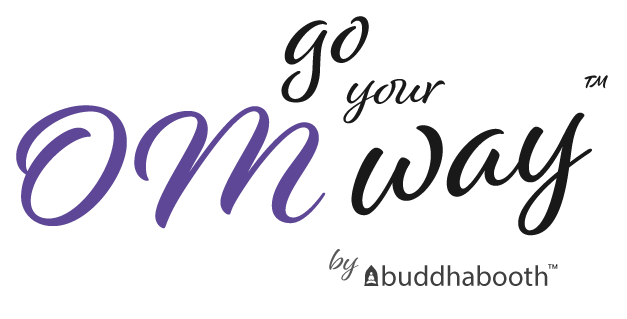“Minimalism is the intentional promotion of the things we most value and the removal of anything that distracts us from it.” —Joshua Becker
Whether you’re flipping through the channels on your TV, scrolling down your Instagram feed, or driving down a major highway, we’re constantly exposed to advertising. No matter what’s being marketed, the message seems to be the same: the more money you spend and the more things you accumulate, the happier you’ll be.
This is the core of the consumerist ideology. And it’s contributing to an environmental, financial, and spiritual crisis—we’re simply accumulating too much stuff, and it’s only weighing us down.
Lightening My Load
I was faced with this crisis head on about three months ago, when I woke up with a few mysterious bites on my legs. At first, I thought they were from mosquitos, but when I woke up the next morning with more, I realized I had bed bugs. The best course of action was clear: everything had to be heat-treated or thrown out. Once I had my first load of laundry in the washing machine, I took a deep breath and started taking some of my belongings to the trash cans outside.
Earlier that summer, I had promised myself I would deep clean my room, but every time I tried, I ended up holding on to almost everything—I found some sentimental reason for keeping any item. But now, I had no choice.
By the end of my cleaning spree, my room was practically bare. The only things I missed were my books. I had been holding on to so much for no other reason than a fear of letting go—but when I finally did, I felt lighter.

A Closer Look at Our Clutter
The average American household contains 300,000 individual items. And if you still need more, you can simply rent a storage unit for the excess—which is exactly what 10% of Americans do. Our homes have tripled in size, the average household has more television sets than people, and collectively, we spend $1.2 trillion on non-essential goods.
At the same time, 65% of Americans say they save little to no money each month. We donate a mere 1.9% of our incomes to charity. And throughout our lifetimes, we spend nearly half a year searching for lost items.
We’re encouraged to consume and compete rather than create and collaborate. We’re told that you need the right clothes, makeup, decor, and accessories to express your true identity. And we’re mislead to believe that you can somehow buy happiness, but once that excitement of a new purchase wears off, you’ll just need to buy more.
It’s time to replace consumerism and materialism with minimalism.
What is Minimalism?
Minimalism doesn’t mean living out of a backpack, selling all of your possessions, or having a bare apartment with nothing but a mattress on the floor. Minimalism simply involves getting rid of excess items that don’t improve your quality of life and keeping the things you truly need. In the process of doing so, you’ll get a clear idea of what really matters.
Minimalism is a mindset that can help you live consciously and deliberately. When you choose to live by the minimalist philosophy, you carefully consider every future purchase based on price, quality, and usefulness. Remember, it’s not a bargain if you don’t need it!
If the idea of chucking half of your possessions sounds intimidating, think of it this way—at some point in your life, you’ll eventually have to face the fact that you don’t need most of it. Perhaps you’ll experience a life-changing event that reveals the importance of healthy relationships and habits over things, or you’ll end up in a circumstance that forces you to deal with the mess.
This process can stir up a lot of complicated emotions. You may realize that you’re spending more time sorting through your stuff than you did buying it (or enjoying it). We expend so much energy cleaning, organizing, and considering things we may or may not need, but you’ll find that once they’re gone, you’ll rarely miss them.

The Beauty of Living With Less
Being forced to face what you’ve accumulated brings a fresh perspective to old habits and new visions. When you’ve stripped away the excess, you can reconsider what’s important to you.
The minimalist approach to life can help you discover what you really value and how you really want to invest your time and money. What deserves to take up space in your life? What long-held beliefs about money and happiness do you need to start unlearning?
Once you’ve released those attachments and sifted through the clutter, you can discover who you truly are and exactly what you want out of life.






Recent Comments